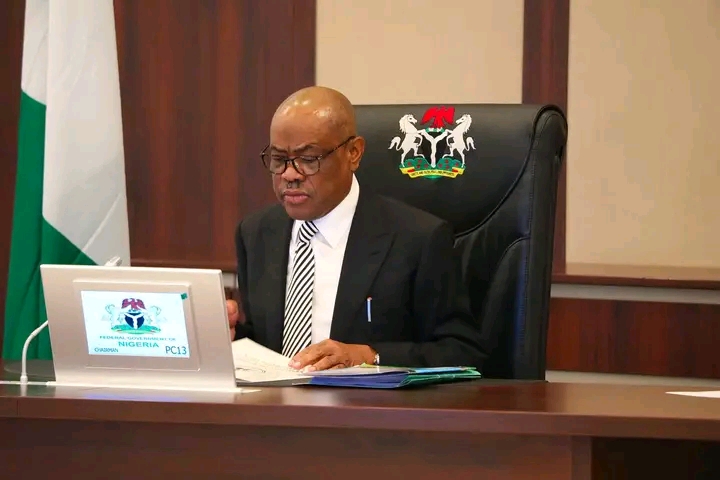Nigerian lawmaker Hon. Obi Aguocha has stirred national attention after alleging that the Igbo people face a different set of legal standards in Nigeria.
His comments, made during an interview, referenced the continued detention of Nnamdi Kanu, leader of the Indigenous People of Biafra (IPOB), describing the situation as clear evidence of judicial bias and ethnic discrimination.
Aguocha argued that while many high-profile Nigerians accused of serious offenses have been granted bail, Kanu continues to be detained despite court rulings that support his release.
“There are two separate laws in Nigeria one for the Igbo man and another for non-Igbos,” he declared.
The lawmaker expressed concern that this unequal legal treatment threatens Nigeria’s unity and the credibility of its judicial system.
ALSO READ: BREAKING: Police Rescue 18 Stolen Children in Abia, Arrest 10 Suspects
The controversy fits into a long-standing narrative of Igbo marginalization a belief that southeastern Nigerians are often sidelined in governance, justice, and national policymaking.
From limited federal appointments to underdeveloped infrastructure, the Igbo community has repeatedly voiced frustration over perceived systemic bias.
The Nnamdi Kanu case has now become a symbol of that struggle, with supporters insisting his treatment reflects deeper institutional prejudice.
Not everyone agrees with Aguocha’s perspective.
Some legal analysts point out that Kanu’s case involves national security considerations, which make it legally distinct from other criminal cases.
Critics also argue that the “two laws” narrative should be backed by broader comparative studies rather than a single case.
However, even those skeptical of Aguocha’s position admit that the perception of injustice alone can damage public trust in the rule of law.
Aguocha’s remarks go beyond politics they highlight a critical issue in Nigeria’s democracy: equality before the law.
When any ethnic group feels targeted or treated differently, it raises concerns about national unity and judicial credibility.
The lawmaker’s call for fairness echoes a growing demand for judicial reforms, transparent trials, and a federal justice system free from ethnic influence.
You can watch Hon. Obi Aguocha’s full statement on YouTube:
Whether seen as political advocacy or a cry for justice, Aguocha’s comments have rekindled debate about how laws are applied across Nigeria’s ethnic lines.
The conversation underscores a simple truth justice must be equal, or it ceases to be justice at all.

![Nnamdi Kanu: Rules Governing Igbos Appears to Be Different from Rest of Nigeria – Rep. Obi Aguocha [VIDEO]](https://nationscuriosity.com/wp-content/uploads/2025/10/IMG_20251012_144208-720x375.jpg)



![BREAKING: Nigerian Lawmakers Challenge Colleague to Provide Evidence of Bribes to Present Bills [VIDEO]](https://nationscuriosity.com/wp-content/uploads/2025/08/347422166_648750349973515_4810971719873857895_n-120x86.jpg)






